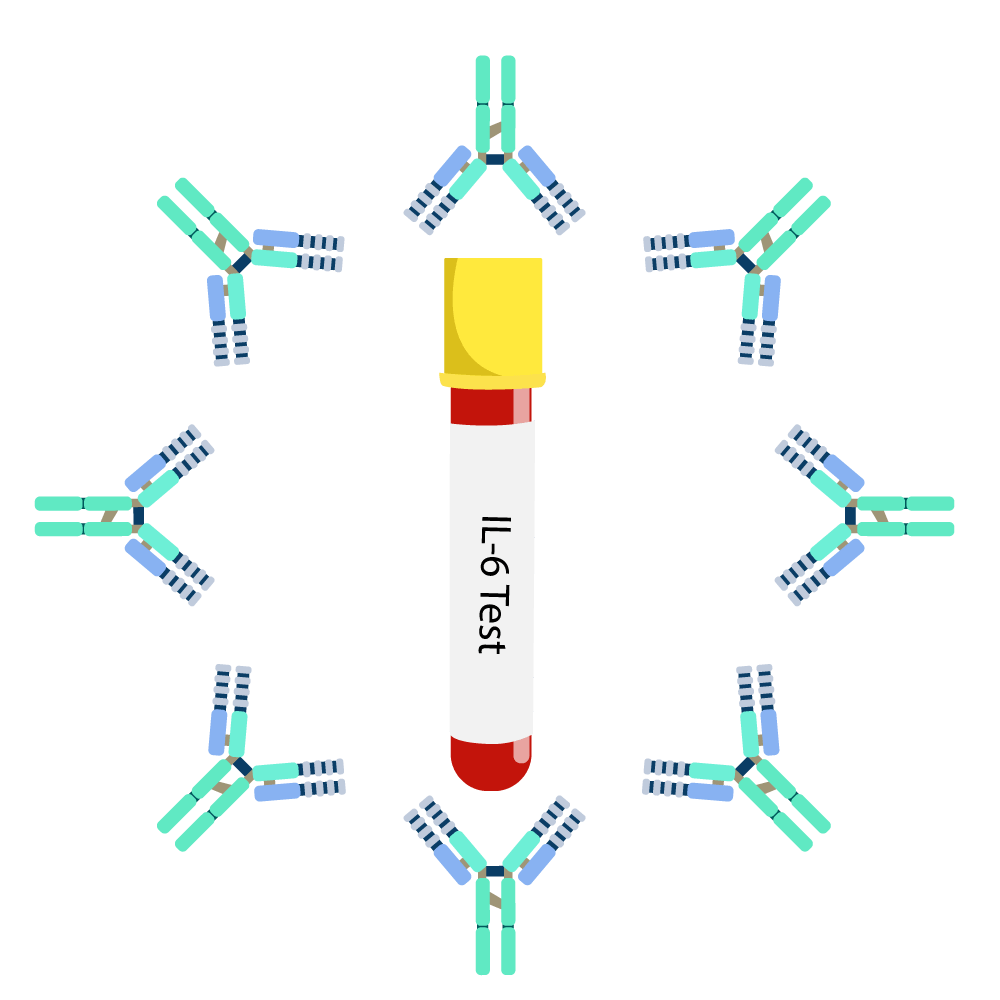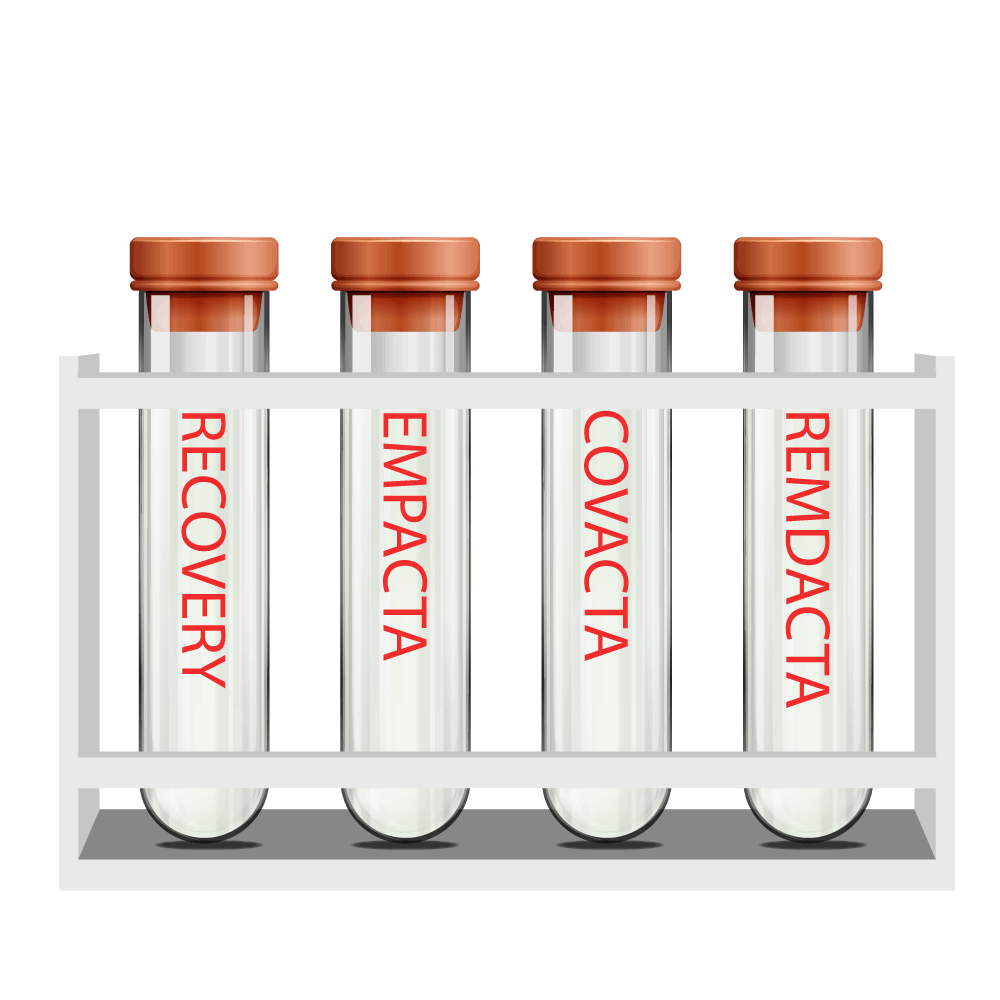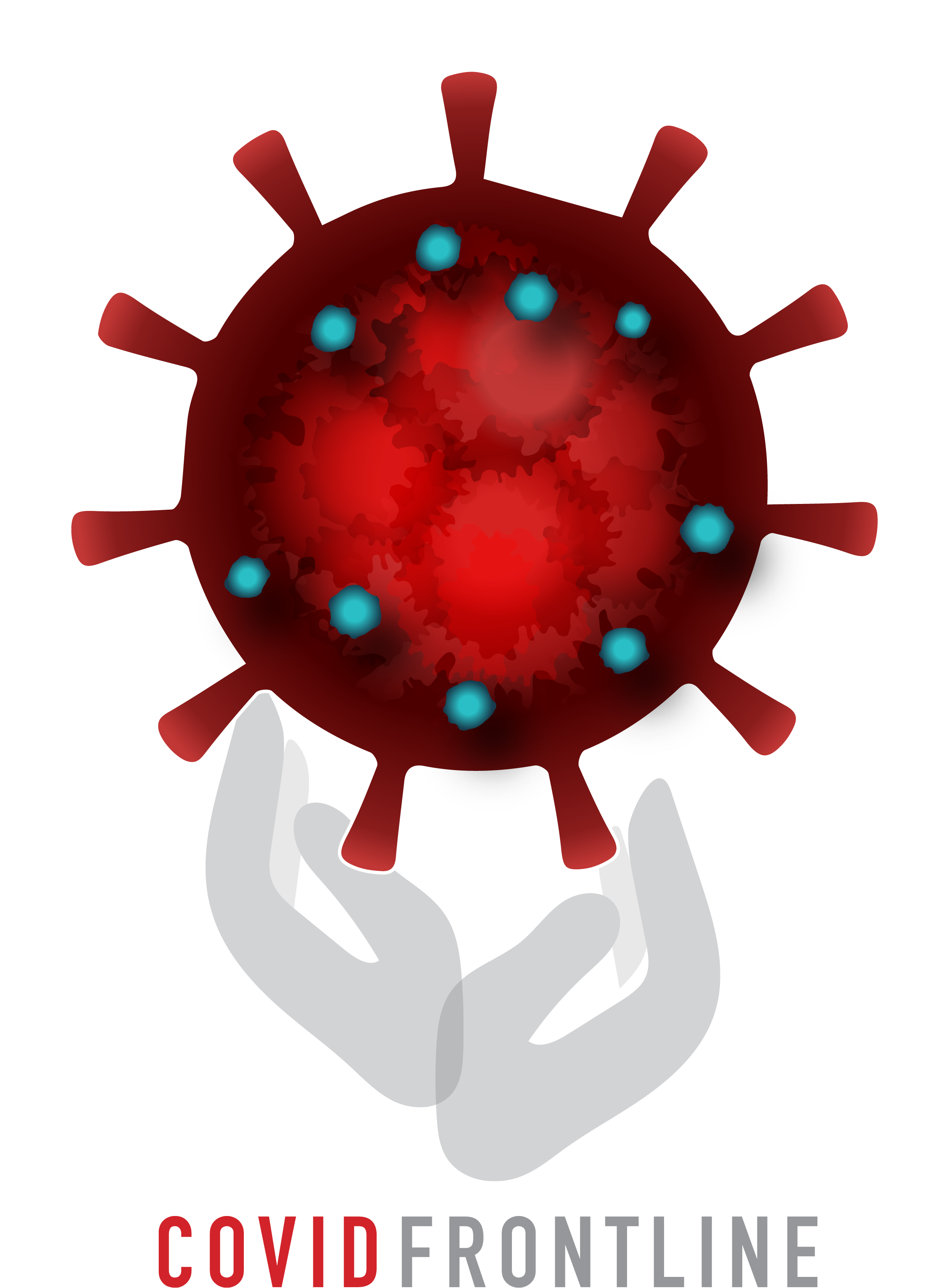The monoclonal antibody, tocilizumab, blocks the interleukin-6 (IL-6) receptor and reduces inflammation caused by an overactive immune reaction to COVID-19. It was granted Emergency Use Authorization (EUA) by the U.S. Food and Drug Administration (FDA) on June 24, 2021. The EUA applies to adults and pediatric patients hospitalized with COVID-19 and who are receiving systemic corticosteroids plus supplemental oxygen, non-invasive or invasive mechanical ventilation, or extracorporeal membrane oxygenation (ECMO).1
The EUA is supported by four clinical trials—RECOVERY, EMPACTA, COVACTA, and REMDACTA—showing that tocilizumab plus standard of care reduced risk of death and decreased days spent in the hospital, with the most significant data emerging from the RECOVERY (Randomised Evaluation of COVID-19 Therapy) and the EMPACTA (Evaluating Minority Patients with Actemra) trials of hospitalized patients with COVID-19 pneumonia.2-5


In the RECOVERY trial of 4,116 participants with hypoxia and evidence of systemic inflammation, the probability of death by day 28 was approximately 31% for those receiving tocilizumab (400 mg to 800 mg) plus standard of care compared with almost 35% of those receiving only standard of care. The median time to hospital discharge was also lower for those in the tocilizumab cohort; 19 days compared with more than 28 days for those only receiving usual care.2
In the EMPACTA trial of 389 participants belonging to underserved and racial and ethnic minority populations, there was a reduction in progression to mechanical ventilation or death for patients who received one or two doses of tocilizumab (8 mg/kg of body weight) compared with those who received placebo. Those who required mechanical ventilation or who died by day 28 was approximately 12% for the tocilizumab group and about 19% for those receiving placebo.3
References
- S. Food and Drug Administration (FDA). FDA News Release: Coronavirus (COVID-19) Update: FDA Authorizes Drug for Treatment of COVID-19. Released June 24, 2021. Accessed July 15, 2021. https://www.fda.gov/news-events/press-announcements/coronavirus-covid-19-update-fda-authorizes-drug-treatment-covid-19.
- RECOVERY Collaborative Group. Tocilizumab in patients admitted to hospital with COVID-19 (RECOVERY): a randomised, controlled, open-label, platform trial. Lancet. 2021;397(10285):1637-1645.
- Salama C, Han J, Yau L, et al. Tocilizumab in patients hospitalized with COVID-19 pneumonia. N Engl J Med. 2021;384:20-30.
- Rosas IO, Bräu N, Waters M, et al. Tocilizumab in hospitalized patients with severe COVID-19 pneumonia. N Engl J Med. 2021;384:1503-1516.
- A Study to Evaluate the Efficacy and Safety of Remdesivir Plus Tocilizumab Compared With Remdesivir Plus Placebo in Hospitalized Participants With Severe COVID-19 Pneumonia (REMDACTA). Identifier: NCT04409262. Updated March 11, 2021. Accessed July 15, 2021. https://clinicaltrials.gov/ct2/show/NCT04409262

